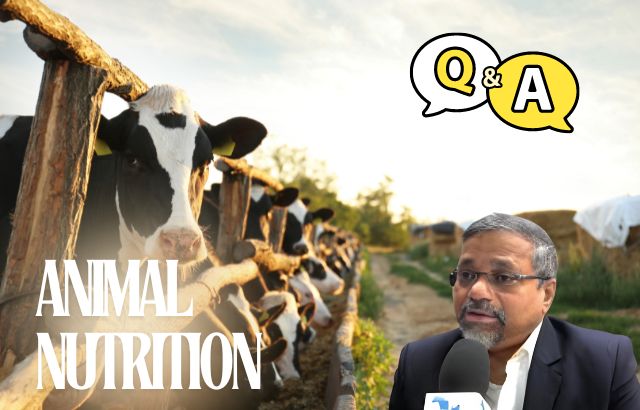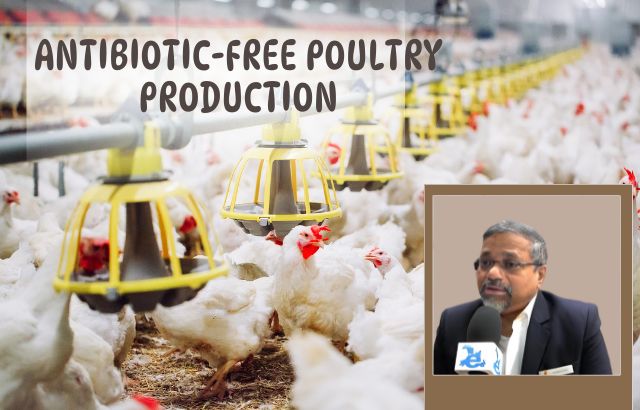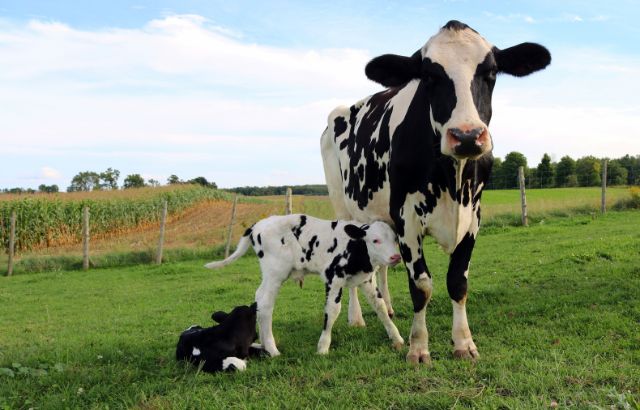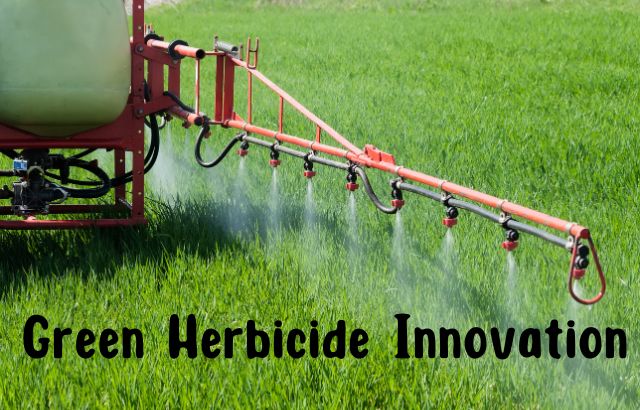Animal Nutrition-As Green Innovator Jaiguru Kadam, I’m passionate about promoting responsible and sustainable animal care. And at the heart of this lies a crucial element: understanding the unique nutritional needs of our domestic companions. From playful pups to majestic horses, each species and even life stage within those species requires a specific cocktail of nutrients to thrive. Let’s delve into the fascinating world of domestic animal nutrition!
Animal Nutrition- Why are Nutrient Requirements Important?
Think of a car – it needs the right fuel and maintenance to run smoothly. Similarly, our furry (and feathered) friends need an optimal balance of nutrients to:
- Grow and develop properly: From building strong bones and muscles to ensuring healthy organ function, the right nutrients are crucial for healthy growth and development.
- Maintain body functions: Every breath, heartbeat, and digestive process relies on a symphony of nutrients working together.
- Boost immunity: A well-nourished animal has a stronger immune system to fight off infections and diseases.
- Enhance fertility and reproduction: Supporting healthy pregnancies and lactation requires specific nutrient levels.
- Improve productivity and performance: Whether it’s working horses or racing dogs, optimal nutrition fuels peak performance.
Animal Nutrition- Understanding the Nutritional Alphabet:
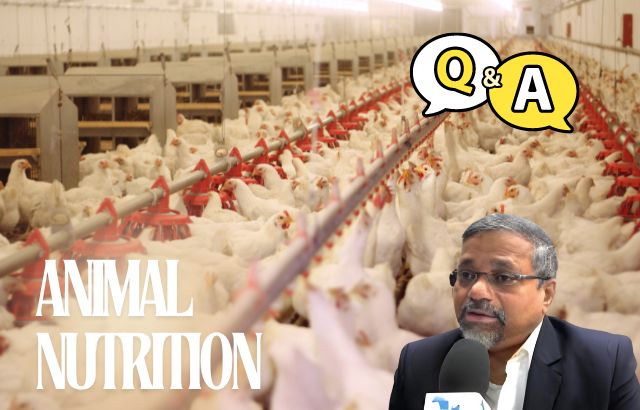
Just like humans, domestic animals need a variety of essential nutrients, including:
- Macronutrients: These are the “big guns” – proteins, carbohydrates, and fats – providing energy and building blocks for growth and repair.
- Micronutrients: These are the “tiny titans” – vitamins, minerals, and trace elements – playing crucial roles in various bodily functions, even if needed in smaller quantities.
Species Specificity:
A Chihuahua’s dietary needs differ dramatically from a Clydesdale horse! Each species has evolved with specific digestive systems and metabolic pathways, demanding tailored nutrient profiles. Consider these examples:
- Carnivores: Dogs and cats require high protein diets primarily from meat sources, alongside essential fats and minimal carbohydrates.
- Herbivores: Horses and rabbits rely on complex carbohydrates from grasses and vegetables for their primary energy source, with lower protein requirements.
- Omnivores: Pigs and chickens can utilize both plant and animal sources for protein and carbohydrates, making their dietary needs more flexible.
Life Stage Matters:
A growing puppy needs more calcium for bone development than an adult dog, while a lactating mother requires additional energy and nutrients to nourish her pups. Understanding the specific requirements for each life stage – from puppyhood to adulthood – is crucial for optimal health.
Green Solutions for Sustainable Nutrition:
As a Green Innovator, I advocate for environmentally responsible practices. This extends to animal nutrition, where exploring sustainable resources like:
- Locally-sourced, sustainably grown feed: Minimizing transport emissions and supporting local growers.
- Organic feed options: Reducing reliance on chemical fertilizers and pesticides.
- Food waste utilization: Upcycling food scraps into animal feed to decrease waste and resource consumption.
Animal Nutrition-Green Innovator’s Insights: Quotes from Jaiguru’s Desk

1. Animal Nutrition- “Nutrition is the cornerstone of animal health and welfare.”
Elucidation: Proper nutrition is fundamental to maintaining the health, well-being, and performance of domestic animals.
Tactic: Develop customized nutrition plans based on individual animal needs and life stages.
Implementation: Consult with veterinarians and nutritionists to formulate balanced diets and ensure adequate nutrient intake for optimal health.
2. “Quality over quantity: Providing the right nutrients trumps sheer volume.”
Rationale: It’s not just about feeding animals a lot; it’s about feeding them the right nutrients in appropriate amounts.
Approach: Focus on nutrient-dense feeds and supplements tailored to meet specific animal requirements.
Deployment: Conduct regular assessments of feed quality, adjust rations as needed, and monitor animals’ health and performance.
3. “Variety is the spice of life, even for animals’ diets.”
Justification: Offering a diverse range of nutrients ensures animals receive a balanced diet, promoting overall health and vitality.
Tactic: Incorporate a variety of feed ingredients, including grains, forages, proteins, and minerals, to meet nutritional needs.
Execution Plan: Rotate feed sources regularly, introduce new feeds gradually, and monitor animals’ response to dietary changes.
4. “Consistency breeds contentment: Stability in feeding practices fosters animal well-being.”
Rationale: Animals thrive on routine and consistency, especially in their diets, which contributes to their overall contentment and health.
Approach: Establish regular feeding schedules and maintain consistency in feed types and quantities.
Operationalization: Minimize disruptions to feeding routines, provide access to clean and fresh water at all times, and monitor animals for signs of stress or discomfort.
5. “Knowledge is power: Understanding nutrient requirements empowers animal caregivers.”
Insight: Educating oneself about the specific nutrient needs of domestic animals enables caregivers to make informed decisions about their care and nutrition.
Approach: Stay updated on scientific research and nutritional guidelines pertaining to different animal species and life stages.
Implementation Plan: Seek advice from experts, attend workshops or seminars on animal nutrition, and continuously evaluate and refine feeding practices based on new information and insights.
Animal Nutrition- Ask Jaiguru

Why is understanding nutrient requirements important for healthy domestic animals?
Answer: Understanding nutrient requirements ensures animals receive proper nutrition for growth, health, and productivity.
What factors influence the nutrient requirements of domestic animals?
Answer: Factors such as species, age, breed, reproductive status, activity level, and environmental conditions influence nutrient requirements.
How can I determine the nutrient requirements of my domestic animals?
Answer: Consult with veterinarians, nutritionists, or refer to nutritional guidelines specific to your animal species and life stage for accurate nutrient requirements.
What are the consequences of nutrient deficiencies in domestic animals?
Answer: Nutrient deficiencies can lead to various health issues, including poor growth, reproductive problems, weakened immune system, and decreased productivity.
How can I ensure my domestic animals meet their nutrient requirements?
Answer: Provide a balanced diet tailored to your animals’ specific needs, regularly monitor their health and body condition, and adjust feeding practices as necessary.
Animal Nutrition- Consulting the Experts:
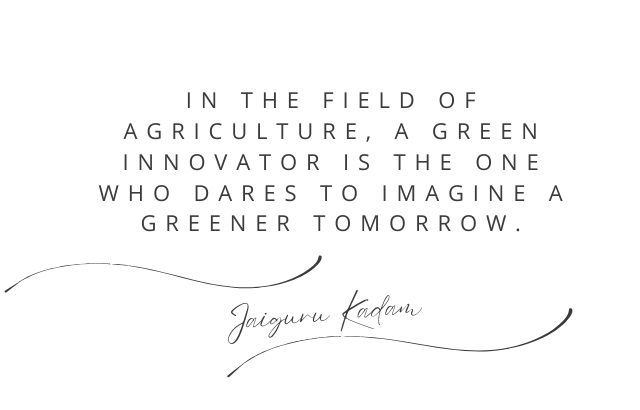
Understanding and meeting the specific nutrient requirements of your domestic animals can be complex. Always seek guidance from qualified veterinarians and animal nutritionists to develop a personalized diet plan tailored to your furry friend’s needs, species, and life stage.
Remember, by providing our domestic animals with the right nutritional foundation, we’re not just feeding their bodies, we’re fueling their health, happiness, and well-being. Let’s unlock their full potential, one balanced meal at a time!

